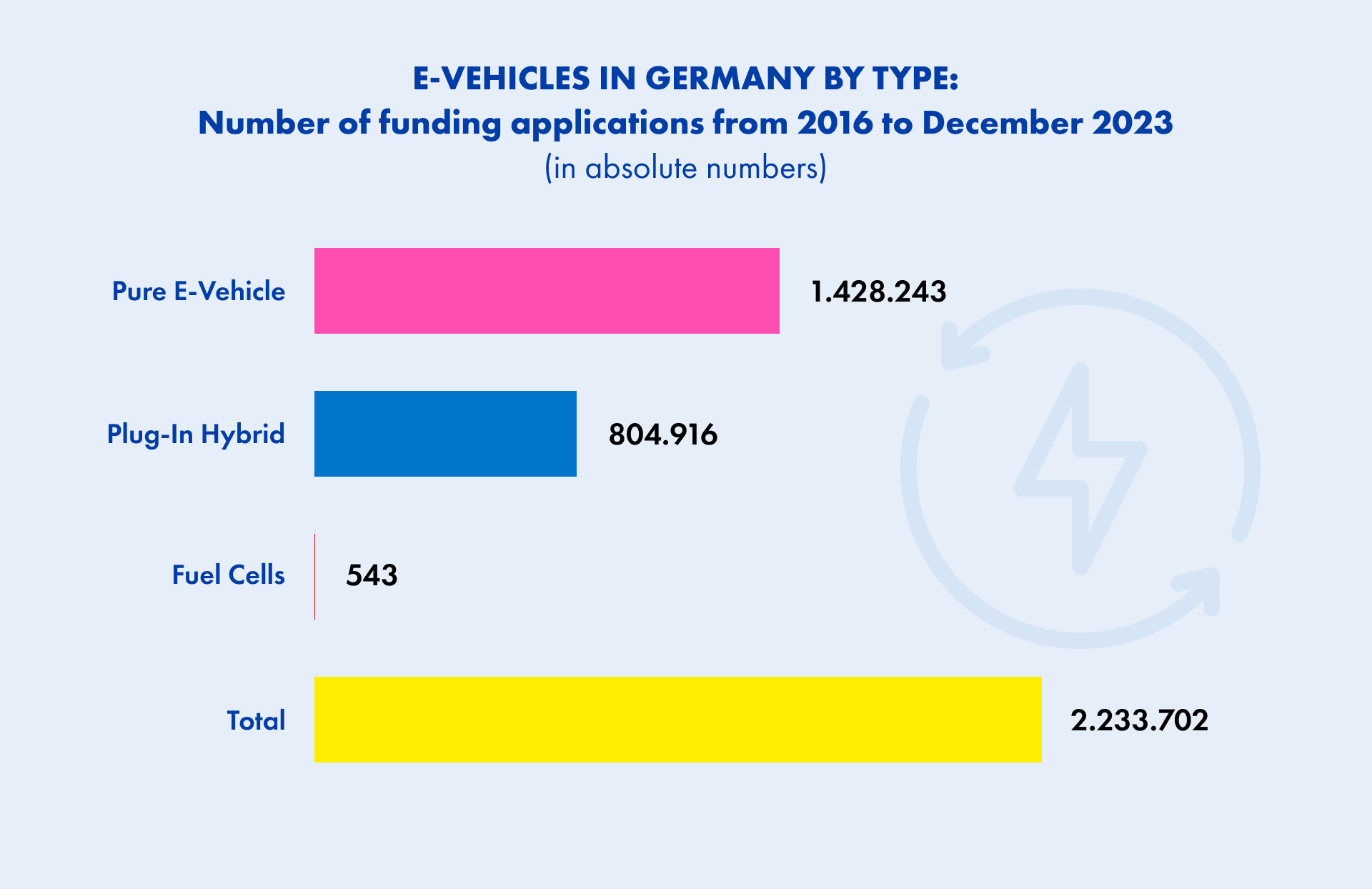Issue #159
Guten Morgen! Welcome to Krautshell, where we deliver insider views on the intricate web of global politics and regulatory landscapes in Germany and the EU. To be fair, should you get tired of reading, you could also get your briefing by dialing-in to one of the German Bundeswehr’s secret, high-level coordination calls. It does not seem to be all that difficult, as Russian intelligence services found out last week. In other news, German and European conservatives in the European Peoples Party have (re-)crowned Ursula von der Leyen as their candidate for European elections in June. Given their strength in current polling, the draft EPP manifesto and the CDU’s EU election program suggest that we might see different shades of Ursula von der Leyen in her increasingly likely looking second term as President of the EU Commission. Happy reading! Anna Szilvia WHAT TO WATCH THIS WEEK: Taurus Leak Aftermath Last Friday, a conversation among high-ranking Bundeswehr officers about potentially delivering Taurus cruise missiles to Ukraine took an unexpected turn when it was intercepted and gleefully published by Russian media. It turns out, one participant thought it was a brilliant idea to dial in from Singapore on their smartphone while using the US WebEx conference software, inadvertently turning the meeting into a security nightmare, and providing Russia with front-row seats to the show. German Chancellor Olaf Scholz swiftly decided to pull the plug on the whole missile delivery plan. But the damage was done, and the wiretapping scandal left the Bundeswehr and its communication channels looking like they were held together with duct tape and hope. Vladimir Putin must’ve been rubbing his hands together in glee, enjoying the spectacle of showcasing the Bundeswehr’s blunder to the world and causing some disagreement between the German government and the opposition. For the opposition, it’s not about what was discussed but the sheer embarrassment of being caught with their pants down in a digital age. Surprisingly, other governments, NATO, and the EU haven’t been losing sleep over the incident, casually shrugging it off as Germany’s problem to sort out. Well, except for the UK and its former defense secretary Ben Wallace, who couldn’t resist taking a jab, suggesting that Germany’s slip-up proved they were about as safe and reliable as a paper umbrella in a hurricane. While Germany’s allies haven’t exactly thrown a tantrum, the whole debacle raises eyebrows about the security of Western communication systems and leaves everyone wondering if German dilettantism might be the latest trend in international affairs. The scandal further puts Scholz’s government in a bad light and leaves a first dent in the record of Germany’s popular Defense Minister Pistorius. REGULATORY INSIGHTS: Christian Democrats want more EU money for defense European elections are just around the corner, and it seems like the CDU/CSU party is gearing up for some serious defense action! With concerns over Russia’s actions in Ukraine, the conservatives are pushing for a boost in Europe’s defense capabilities to maintain peace and security. Expanding cooperation with EU allies and NATO stands at the center of demands. This move comes amidst a backdrop of increasing geopolitical tensions and shifting global power dynamics, making it imperative for European nations to bolster their defense readiness. Their plan includes creating a single market for military equipment, harmonizing export rules, and developing a defense industrial strategy. These measures aim not only to streamline defense procurement processes but also to enhance interoperability among European armed forces, ensuring a more coordinated response to emerging security threats. And if that wasn’t enough, they’re even proposing a joint missile defense shield, leveraging advanced technology to safeguard European airspace from potential missile threats. Additionally, the suggestion of appointing a dedicated EU Commissioner for Defense underscores the party’s commitment to prioritizing defense cooperation and coordination at the European level, signaling a significant shift towards a more unified defense approach within the EU. However, amidst the flurry of defense proposals, it’s crucial to recognize that the suggestion of appointing a dedicated EU Commissioner for Defense is not a novel concept and may be more of a political maneuver than a pragmatic solution. Overall, it looks like the CDU/CSU are ready to armor up and tackle the challenges ahead, demonstrating proactive leadership in safeguarding Europe’s security interests amidst an increasingly uncertain geopolitical landscape. THE BIG PICTURE: EPP manifesto and outlook for von der Leyen 2.0 At the European People’s Party (EPP) congress in Bucharest on March 6-7, all eyes were Ursula von der Leyen, who was confirmed as the party’s lead candidate for the European Elections with 82% of the votes. Amid escalating calls for a recalibration toward traditional conservative values in European governance, the EPP’s manifesto, which was confirmed at the party congress, signals a potential shift in policy direction for Von der Leyen’s expected term President of the European Commission. The champion of the European Green Deal is facing mounting pressure to realign her priorities with the expectations of conservative factions in Germany and the EU. Despite her victory at the party congress, the path to a second term at the head of the Commission is no walk in the park. Criticism from Christian Democrats in the European Parliament over Von der Leyen’s perceived overemphasis on environmental initiatives, particularly the ambitious Green Deal, underscores the need for policy recalibration. The EPP manifesto echoes this sentiment, advocating a more “technology-neutral” approach to energy and climate policy, including support for nuclear power and a move away from overly restrictive measures such as blank bans. The manifesto also underlines the EPP’s commitment to strengthening the internal energy market, investing in cross-border infrastructure, and promoting market-based solutions to environmental challenges. These priorities would represent a shift away from the progressive agenda of von der Leyen’s first term. They are more in line with traditional conservative principles of free market economics and limited government intervention. In addition, the manifesto emphasizes the EPP’s focus on security and defense, particularly amid heightened geopolitical tensions in Eastern Europe. Von der Leyen’s pledge to establish a new defense commissioner and a defense innovation office in Kyiv underscores the EPP’s staunch advocacy for European security interests in an increasingly uncertain global landscape. In sum, the EPP manifesto offers insights into the potential contours of von der Leyen’s second term as President of the European Commission as conservative factions gain momentum and demand a return to linking her conservative allies with the broader imperatives of the EU. The outcome of her second term and the future trajectory of European politics may well depend on her ability to navigate this delicate balancing act. Money, money, money (or lack thereof) was the theme in British politics this week, as Chancellor (the UK’s version of a finance minister) Jeremy Hunt presented the biggest fiscal document of the year – the Spring Budget. During his speech in the House of Commons, the Chancellor shared the positives of the Conservative Party’s 14 years in Government and outlined the party’s plan for “long-term growth”. The current recession was not mentioned. Several of the policies announced, including cuts to National Insurance (a personal tax), were in a bid to strengthen their position in the polls ahead of the upcoming election. Media response the next day was fairly neutral on the tax cuts but didn’t miss the fact that the country’s overall tax burden is on course to being at the highest level since 1948. When you add in struggling public services in all four nations in the UK, and current polls, it doesn’t paint a pretty picture leading into the general election for the Conservative Party. The Labour party’s Shadow Chancellor Rachel Reeves may have to go back to the drawing board on how to fund certain plans such as increased NHS appointments and primary school breakfast clubs that were to be funded through the proposed ‘non-dom’ policy, after the Chancellor pinched her idea in this week’s budget. In the British tax system, non-doms are individuals whose permanent home, or domicile, is considered to be outside the UK and therefore they are not legally bound to pay tax in the UK on income earned overseas. The announcement will see foreign nationals having to pay tax after four years of living in the UK. Conservative colleagues aren’t entirely enamoured with what the Chancellor delivered, none more so than Energy Minister Andrew Bowie who publicly criticised Hunt for extending the windfall tax on oil and gas giants which could affect some of his constituents in the Northwest of Scotland. On non-financial matters, the divisive Rwanda Bill (on illegal immigration) returned to the House of Lords with the Prime Minister suffering his heaviest defeat after the Archbishop of Canterbury and former Conservative ministers joined forces with the Opposition to force through several amendments. The UK are one of two countries in the world to have clergy gain an automatic seat in their legislature. As a result, flights are unlikely to be taking off in the Spring as previously predicted. Source: tagesschau.de Here are three appointments for next week that you should have on your radar: Issue #159


FIRST, AN OUTLOOK FROM CHARLIE:
NOW, SOME SOLID INTEL:
AND WHAT’S UP IN GREAT BRITAIN?
TAKE A BREAK, GIVE YOUR EYES A REST:

LONG STORY SHORT:
OUTLOOK:
When?
What?
March 10th, 2024
2024 Portuguese Legislative Election
March 12th, 2024
Kongress Digitaler Staat (EN: Congress Digital State)
March 13th, 2024
Final Vote on the AI Act in the European Parliament

